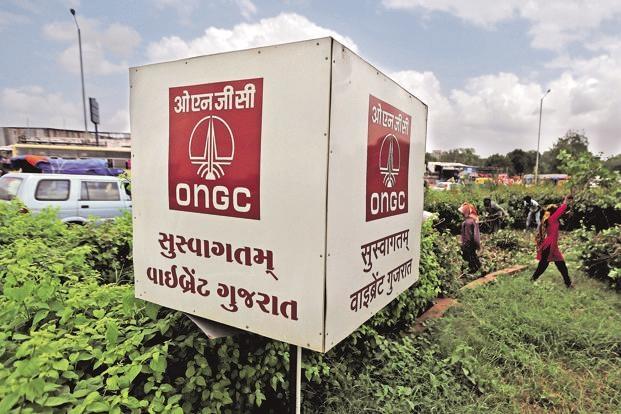To Reduce Fuel Prices, Government to Ask ONGC to Bear Fuel Subsidy

Image Coutesy: Livemint
In the face of increasing fuel prices, the BJP-led NDA government is now set to ask the Oil and Natural Gas Corporation Ltd (ONGC) to bear a fuel subsidy to help bring about a cut in the prices of petrol and diesel. This move by the government comes just after it was ridiculed by the public for bringing about a one paisa-cut in fuel prices.
The government is not keen on bringing about a cut in the excise duty as they have been receiving increased revenue and have been able to reduce the fiscal deficit thanks to the increased duty. So now, the government is set to ask ONGC to bear the cost of a cut in prices by giving subsidy to the retailers. ONGC will be directed to sell its crude oil at below the international prices for the entire fiscal year.
ONGC supplies about 20 percent of the total crude oil that the country requires to the oil marketing and refining companies. Incidentally, ONGC had earlier asked for a higher price to finance its capital expenditure for the next two years.
It has been reported that Oil India Limited (OIL), the other national producer of oil will not be a part of this scheme. Earlier, in June 2015, ONGC and OIL both contributed to fuel subsidies with contributions of over 40 percent of the annual subsidy bill.
At the same time, it has been reported that ONGC shares have gained nearly 4 percent after the company posted its highest profit in 17 quarters. The company’s net profit jumped 37 percent, in the three months to March 31, 2018, thanks to the higher oil prices. As opposed to a net profit of Rs 4,340.18 crore in the previous fiscalyear, net profit Q4 of 2017-18 stood at Rs 5,915.12 crore.
However, ONGC had earlier this year acquired a 51.11 percent stake in Hindustan Petroleum Corporation Limited. This transaction appeared to be a part of the government’s fiscal jugglery to meet its disinvestment target for that financial year - one PSU was thus made to borrow money to buy the government’s stake in another PSU. Thus, there arises the question of whether these profits were also transferred to the government through the sale.
This comes at a time when there has already been a clamour for the privatisation of ONGC. The arguments in favour of privatisation came from within the government itself, with one lobby - the Directorate General of Hydrocarbons, the regulatory body for oil and natural gas, functioning under the Ministry of Petroleum and Natural Gas - arguing that the government should sell off 60 percent stake in 11 prime oilfields to private companies. Another lobby has argued for the sale of 18 per ent of the government’s stake in ONGC.
Not only would such a move be a sale of what should be considered a national asset, but it would also be a move that will bring about a sale of the nation’s natural resources, purely for the purpose of balancing the government’s deficit. It is shocking that such a move could be thought of when the nation has prior experience of what can happen - such as the Reliance KG Basin scam.
Forcing a cut in ONGC’s profitability, by making it give a subsidy on crude prices, at this time, when there is already clamour for its privatisation, is a questionable move, to say the least. Across the world, public sector enterprises and assets are sold off to private entities by using the argument of profitability. This is particularly true of India which has a Department of Disinvestment, which was earlier the Ministry for Disinvestment, solely to carry out this task.
While the government could possibly argue that it is only trying to bring about a reduction in fuel prices for consumers, such an argument would have to be taken with more than a pinch of salt. Not only due to the fact that such a cut could be brought about through a reduction in excise duty, but also because this present government is the one which had committed itself, since the very beginning, to disinvestment and privatisation.
In essence, the government benefited from the fall in international prices of oil by raising the excise duty on fuel prices and now with a rise in international prices, it wants to transfer the burden of a cut in fuel prices to the PSU. It is also telling that this move by the centre is coming just after the Kerala government slashed fuel prices by Rs.1, taking a yearly loss of Rs.509 crore in tax revenue.
Get the latest reports & analysis with people's perspective on Protests, movements & deep analytical videos, discussions of the current affairs in your Telegram app. Subscribe to NewsClick's Telegram channel & get Real-Time updates on stories, as they get published on our website.
























